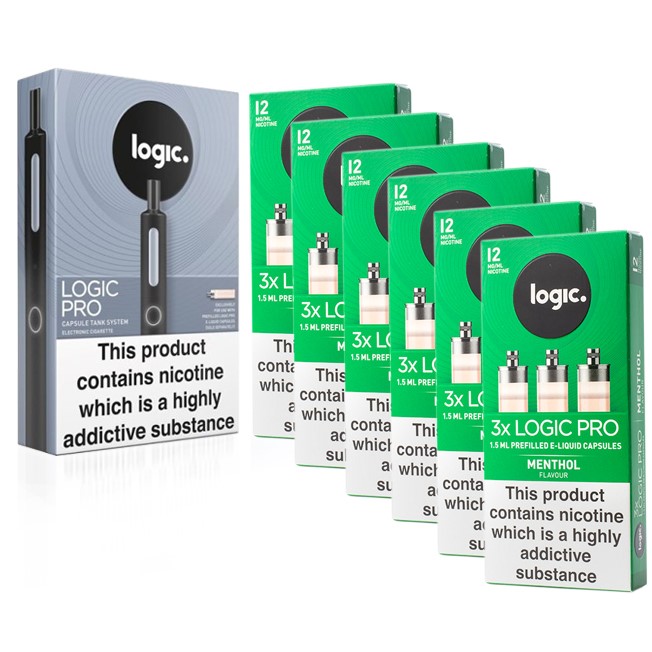
A conservative advocacy group has launched a campaign opposing a proposed ban on menthol cigarettes in the United States, reports Fox News.
In its campaign, Building America’s Future contends that restricting menthol cigarette sales would jeopardize hundreds of millions of dollars in state revenue nationwide. According to a Tax Foundation analysis conducted in 2022, the measure would cost the federal government $1.9 billion and state governments a total of $4.7 billion in lost tax revenues.
The average pack of cigarettes in the U.S. attracts $1.91 in state taxes and $1.01 in federal taxes. Additionally, every state continues to receive funds from the 1998 Master Settlement Agreement, which, translates to about $0.75 per pack in 2022, according to the Tax Foundation.
In April 2022, the FDA issued product standards to prohibit menthol as a characterizing flavor in cigarettes and prohibit all characterizing flavors other than tobacco in cigars.
Last month, the FDA sent the proposed regulations to the White House Office of Management and Budget for review, a final step in finalizing and eventually implementing the menthol cigarette ban.
In related news, the convenience and fuel retailing group NACS has been urging its members to urge the White House to stop the menthol ban from moving forward, using the organization’s grassroots portal. Rather than reducing smoking, the group believes that a menthol ban would fuel illicit cigarette sales.
For convenience stores, menthol cigarettes account for 34 percent of cigarette sales and flavored cigars account for 51 percent of cigar sales. Removing them from shelves means that current users who cannot quit or switch to other tobacco products will search for the products from illegal sources, according to the organization.


















